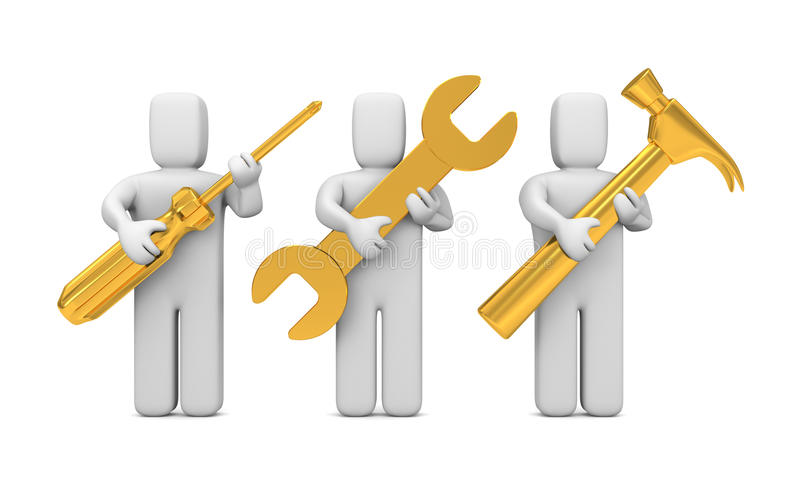The working world is going through a dramatic shake-up.
As companies downsize, many permanent, full-time jobs have disappeared. Employees who still have jobs are finding that their work is changing. Workers losing their jobs are discovering that it’s almost impossible to find another job with the same qualifications and pay.
What’s the answer? Many experts say that job-hunters have to develop many skills because of the requirements for today’s labour market change almost daily. Employers need people who can adapt quickly and have skills used in different situations.
The kind of person who can be versatile, handle many types of challenges and consider several different kinds of employment is called a “cross-skilled worker.”
All the different types of work in your life can come together to form your job cross-skills.
The cross-skilled worker has a diverse collection of abilities and know-how in his or her “cross-skills briefcase.”
Natural abilities: All of us are born with many talents. You may be good at organizing things and have mechanical skills. You may be artistic and have people skills.
Acquired skills: We develop other skills through experiences with school activities, paid work, family and social life, and volunteer experiences.
Improving and expanding your talents and cross-skills may help you keep the job you already have or get a promotion. They may open the door to a new or different job, or point to an unexpected opportunity.
New Labels
When you think of yourself as a portfolio worker, you’ll discover that the old labels don’t fit anymore.
For example, Marchelle is a laid-off pharmacist who now does part-time consulting for a local health clinic. She’s also started a small crafts business selling her woodworking. Is she a pharmacist, a health consultant or a craftsperson?
Paul graduated from University with a degree in English. After a summer job at the local newspaper, he got several temporary jobs as secretary/receptionist before landing a six-month contract job coordinating a project for a literacy group. Is he a journalist, an office worker or a project coordinator?
You can define Marchelle and Paul by one job description alone. They’re cross-skilled workers – people who rely on many different skills to find work.
If you’re in the market for a job today, ask yourself some fundamental questions. What cross-skills do you have? What expertise do you have besides that which you learned on the job or in school? Are there new ways to apply the skills that you haven’t thought of before?
Changing Career Patterns
The new work world may no longer provide enough “jobs” in the traditional sense, but it does offer many new opportunities for cross-skilled workers.
Part-time work: Companies are creating more part-time jobs than full-time ones.
Temporary employment: More businesses are bringing full-time workers temporarily when the workload increases and letting them go when the job’s completed.
Contract work: Contractors are hired to do jobs that are not essential to the core functions of a company. A computer firm may contract out the artwork for the packaging of its product since its core workers are computer experts, not artists.
Project-based employment: Companies hire workers to form a project team. When the project is over, the team disbands. An example – a film crew with a free-lance camera and production workers. On completion of the film, the members of the team go on to other projects.
Consulting: Companies hire specialists with professional or technical expertise on an as-needed basis.
Entrepreneurship: Individuals set up their small businesses, either out of their home or in another location.
As a cross-skilled worker, you’ll have to think about your career not as a straight line, but as one that zigs and zags. And don’t worry about job-hopping. Instead of being someone who can’t keep a job, it’s becoming a sign of an adaptable, versatile and experienced cross-skilled worker.
© Wordscapes® (David Turner). All Rights Reserved.




